Wanqi Hu
Denoising Single Voxel Magnetic Resonance Spectroscopy with Deep Learning on Repeatedly Sampled In Vivo Data
Jan 26, 2021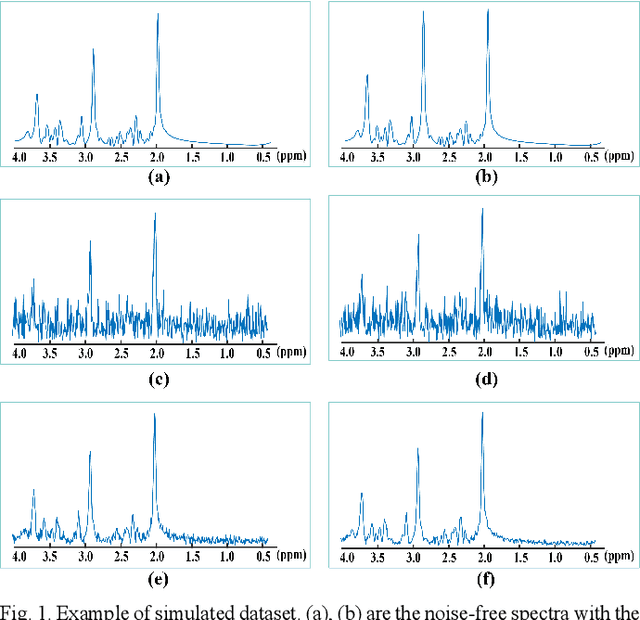

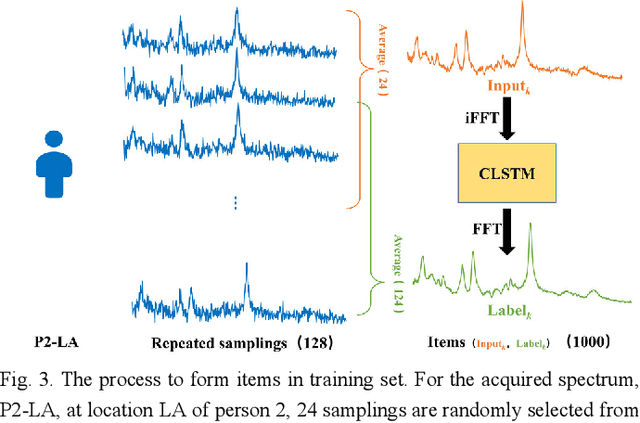
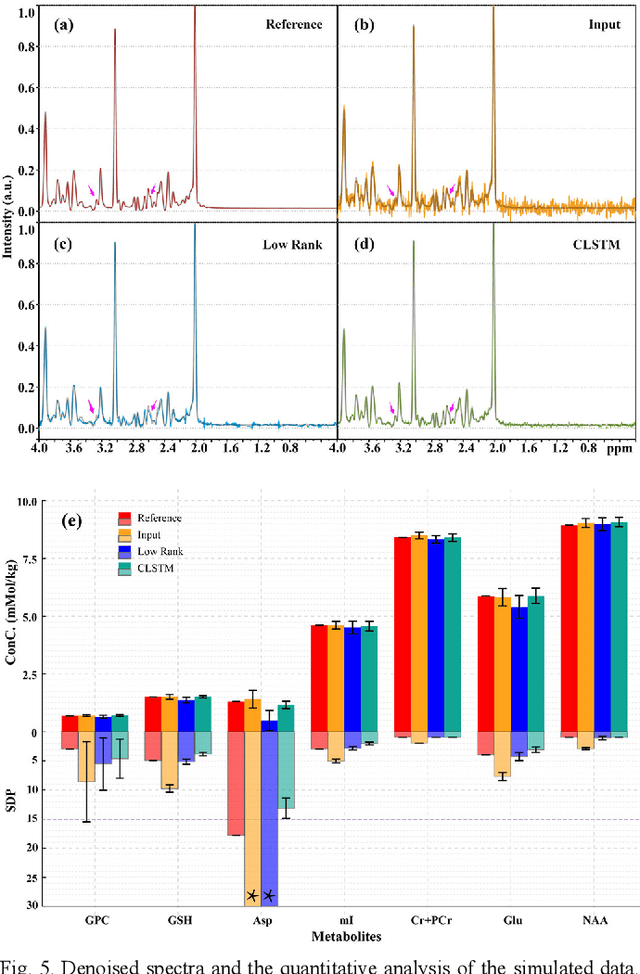
Abstract:Objective: Magnetic Resonance Spectroscopy (MRS) is a noninvasive tool to reveal metabolic information. One challenge of MRS is the relatively low Signal-Noise Ratio (SNR) due to low concentrations of metabolites. To improve the SNR, the most common approach is to average signals that are acquired in multiple times. The data acquisition time, however, is increased by multiple times accordingly, resulting in the scanned objects uncomfortable or even unbearable. Methods: By exploring the multiple sampled data, a deep learning denoising approach is proposed to learn a mapping from the low SNR signal to the high SNR one. Results: Results on simulated and in vivo data show that the proposed method significantly reduces the data acquisition time with slightly compromised metabolic accuracy. Conclusion: A deep learning denoising method was proposed to significantly shorten the time of data acquisition, while maintaining signal accuracy and reliability. Significance: Provide a solution of the fundamental low SNR problem in MRS with artificial intelligence.
SolarNet: A Deep Learning Framework to Map Solar Power Plants In China From Satellite Imagery
Dec 10, 2019
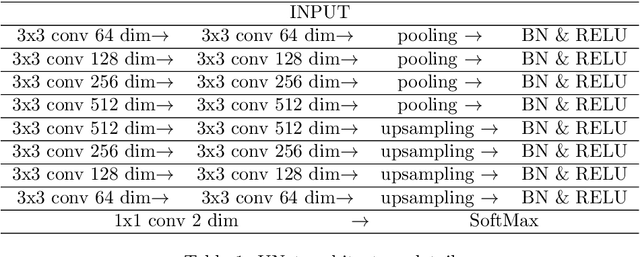
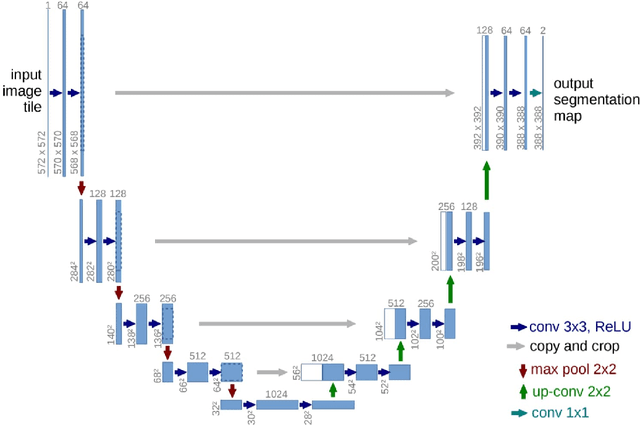

Abstract:Renewable energy such as solar power is critical to fight the ever more serious climate change. China is the world leading installer of solar panel and numerous solar power plants were built. In this paper, we proposed a deep learning framework named SolarNet which is designed to perform semantic segmentation on large scale satellite imagery data to detect solar farms. SolarNet has successfully mapped 439 solar farms in China, covering near 2000 square kilometers, equivalent to the size of whole Shenzhen city or two and a half of New York city. To the best of our knowledge, it is the first time that we used deep learning to reveal the locations and sizes of solar farms in China, which could provide insights for solar power companies, market analysts and the government.
 Add to Chrome
Add to Chrome Add to Firefox
Add to Firefox Add to Edge
Add to Edge